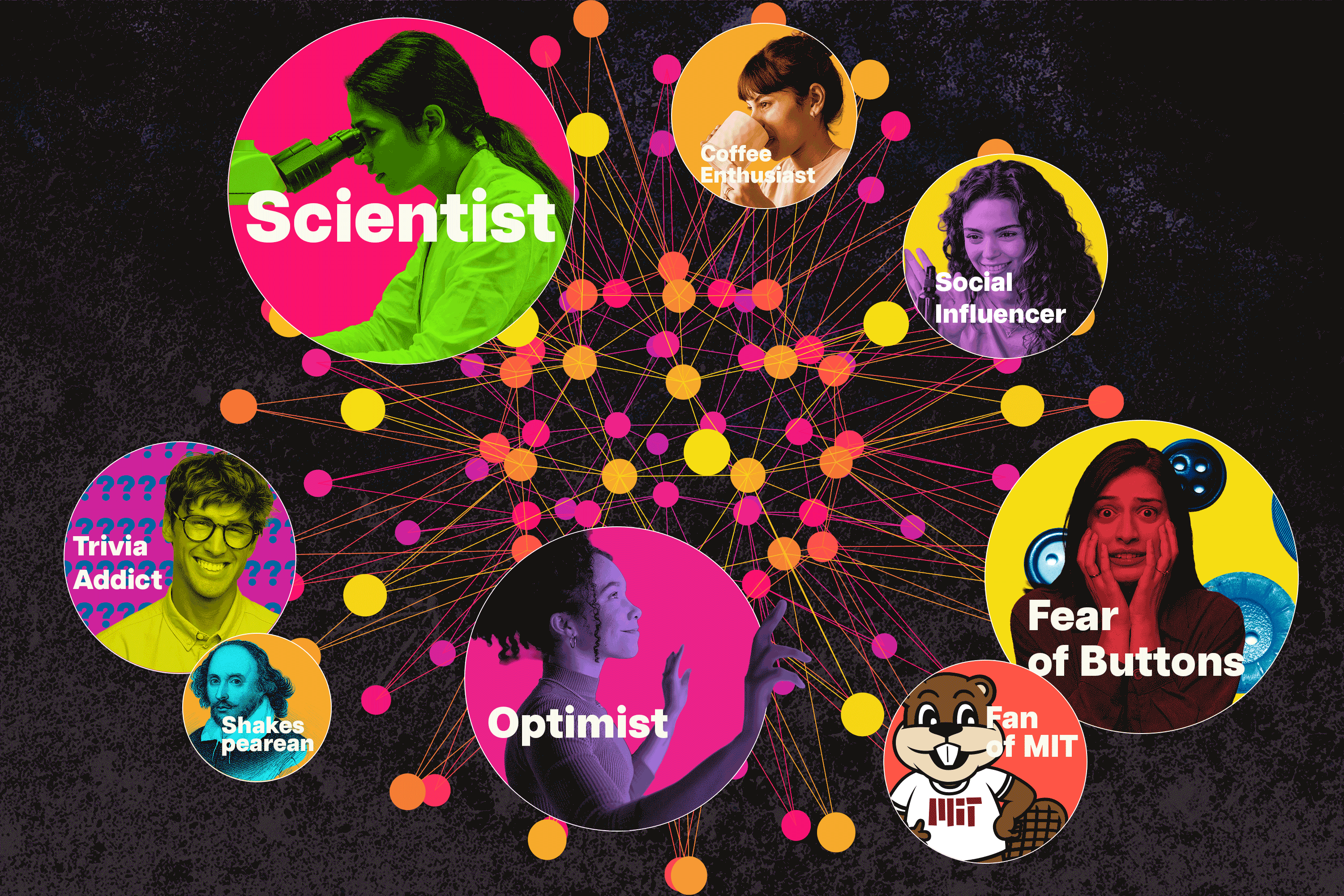Maximize your Startup's Customer Insights with AI
Discover how integrating AI into customer surveys can elevate your customer feedback process, unlocking deeper insights and enhancing your startup's success. Learn about the benefits and considerations for this innovative approach.


Gone are the days when businesses could afford to be passive about customer feedback. In today's competitive market, particularly for startups, the old adage "the customer is king" has never been truer. But why are customer surveys important? And what are the benefits of conducting customer surveys for a startup?
In essence, customer surveys provide valuable insights into customer behavior and preferences. They enable you to measure customer satisfaction, understand customer needs, and gather data that you can use to improve your products or services. These surveys play a critical role in the customer feedback loop - letting customers voice their opinions and feedback, which in turn, guides your decisions and strategies.
For startups, customer surveys offer a wealth of benefits. They provide a direct line of communication to your customer base, offering insights that you might not gain from other research methods. Surveys can help you identify product gaps, improve customer experience, and, ultimately, build a product that truly fits the market's needs. By getting to know your customers' preferences and expectations, you are in a better position to tailor your offerings and marketing strategies, thereby enhancing customer loyalty and increasing revenue.
In the following article, we'll explore how AI can further enhance the value of your customer surveys. By integrating AI into your surveys, you can unlock even deeper insights from your customer feedback.
How can you incorporate AI into your traditional surveys?
The advent of artificial intelligence (AI) has revolutionized numerous industries, and the realm of customer surveys is no exception. But how can you incorporate AI into your traditional surveys?
- AI-Powered Chatbots: AI chatbots can be a useful tool for conducting surveys, creating a more interactive and engaging experience for respondents. Instead of relying on static questions, AI chatbots can adapt the survey based on the respondent's previous answers. This can lead to more in-depth responses and higher completion rates.
- Sentiment Analysis: AI can analyze text responses in your surveys for sentiment, enabling you to understand the emotions behind your customers' feedback. This can give you a more nuanced understanding of customer opinions and can guide your follow-up actions.
- Predictive Analysis: AI can use past survey data to predict future customer behavior. This can help you proactively address issues before they become significant problems and can assist in guiding future business strategies.
- Automated Reporting: AI can automatically analyze survey results and generate detailed reports, saving you valuable time and resources. This can provide you with faster insights and allow you to react more quickly to customer feedback.
By integrating AI into your traditional surveys, you can unlock deeper insights, enhance the survey experience for your respondents, and streamline your data analysis process. It's a win-win situation for you and your customers.

Learn more about AI
Stay updated with new articles about AI and prompting!
No spam. Unsubscribe anytime.
Beyond Traditional Survey Analytics: The Power of AI
As we've discussed, integrating AI into your surveys can enhance the survey experience and unlock deeper insights. But AI's advantages go beyond these immediate benefits. By employing AI in survey analytics, you can take your data analysis to the next level and glean insights that traditional methods might miss.
Data Mining: Traditional survey analysis can often be limited to predefined categories or tags, potentially missing out on subtle patterns or trends in your data. AI, however, can use data mining techniques to uncover hidden patterns, correlations, or trends that might not be immediately evident.
Natural Language Processing (NLP): Open-ended survey questions can provide a wealth of information, but they can also be challenging to analyze. AI, equipped with NLP capabilities, can interpret and categorize these responses effectively, providing valuable insights that might be overlooked with manual analysis.
Real-Time Analysis: With traditional methods, analyzing survey data can be time-consuming. AI can process vast amounts of data rapidly, providing real-time analysis and faster insights. This allows you to respond more quickly to customer feedback and make timely decisions.
Predictive Modeling: AI can go beyond analyzing past or present data. By employing predictive modeling techniques, it can forecast future trends or customer behaviors, giving you a valuable heads-up for strategic planning.
By going beyond traditional survey analytics with AI, you can make the most of your customer feedback. You'll gain deeper insights, identify trends more quickly, and predict future outcomes - all crucial for steering your startup towards success.
Considerations when Implementing AI in Customer Surveys
Implementing AI in your customer surveys holds immense potential for your startup. However, to effectively harness this potential, there are several considerations you must bear in mind:
Bias: AI models can inadvertently perpetuate and amplify existing biases in data. It's important to carefully curate your training data and continually test your AI system to ensure that it doesn't exhibit bias in its responses or analysis.
Data Privacy: With AI, you have the ability to gather and analyze a vast amount of customer data. This, however, increases the responsibility to ensure that this data is stored securely and used ethically, respecting customer privacy.
Transparency: Customers should be informed that they are interacting with an AI system when completing a survey. Providing this transparency can help build trust and ensure that customers feel comfortable providing feedback.
Flexibility: AI is a powerful tool, but it's essential to remember that it should complement, not replace, human judgment. Maintain a level of flexibility where human oversight can override AI decisions when necessary.
By keeping these considerations in mind, you can ensure that your use of AI in customer surveys is both effective and ethical. By implementing AI responsibly, you can gain deeper customer insights while still upholding your commitment to your customers' rights and expectations.
The integration of artificial intelligence into customer surveys presents a transformative opportunity for startups. By unlocking deeper insights, enhancing respondent experience, and streamlining data analysis, AI can elevate your customer feedback process to a whole new level.
But as we integrate AI into our surveys, it's essential to remember the considerations we discussed, especially around bias, data privacy, transparency, and flexibility. Balancing the power of AI with ethical and responsible usage is crucial for achieving the best outcomes.
As the world of AI continues to evolve, the possibilities for AI prompting in customer surveys will only expand. It's an exciting journey ahead, and we hope this guide has empowered you to take the first steps in integrating AI into your customer surveys.
Here's to harnessing the power of AI for deeper customer insights and, ultimately, a more successful startup.
























